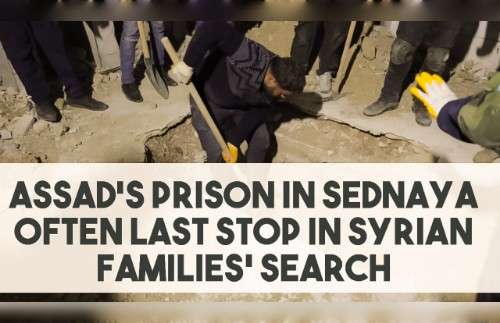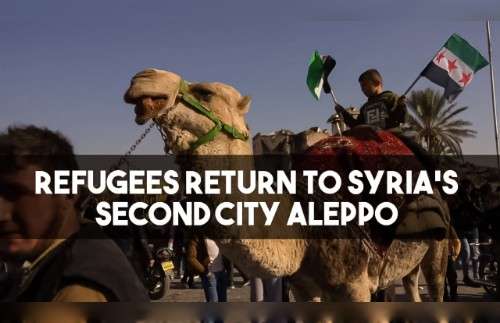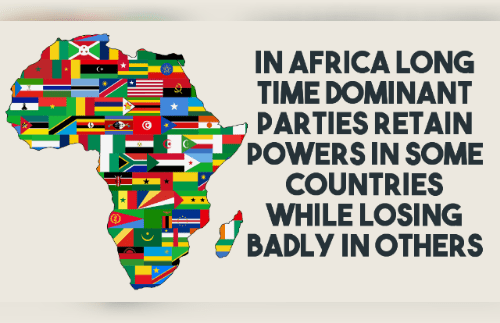On the eve of a high-level event on the impact of climate change on refugees, Andrew Harper, UNHCR’s special advisor on climate action talks about climate refugees, conflict triggers and what the COVID-19 pandemic has taught us about responding to global emergency.
“Eighty-four per cent of the world’s refugees are located in developing countries,” UNHCR’s Harper said. “And these are the countries which are likely to be most impacted by the adverse impacts of climate change, whether it be desertification, extreme cyclonic events, increasing storms.”
He also said “we have an accountability, a responsibility, to be doing more to enhance preparedness, protection, support adaptation – not only for those people who are already displaced, but those people who are going to be made increasingly vulnerable in the future.”
UNHCR, the UN Refugee Agency, is holding a high-level event on Wednesday to address the impact of climate change on refugees and the internally displaced, as well as other vulnerable populations worldwide – and to push for a stronger global response-UNHCR
Escaping from Scam Center on Cambodia’s Bokor Mountain
UN Security Council Meets to Discuss Children and Armed Conflict
10 Shocking Revelations from Bangladesh Commission’s Report About Ex-PM Hasina-Linked Forced Disappearances
Migration Dynamics Shifting Due to New US Administration New Regional Laws
UN Security Council Meets to Discuss the Maintenance of International Peace and Security and Artificial Intelligence
Winter Brings New Challenges for Residents living in Ukraine’s Donetsk Region
Permanent Representative of Israel Briefs Press at UN Headquarters
Hospitals Overwhelmed in Vanuatu as Death and Damage Toll Mounts from Quake
Subscribe Our You Tube Channel
Fighting Fake News
Fighting Lies


















